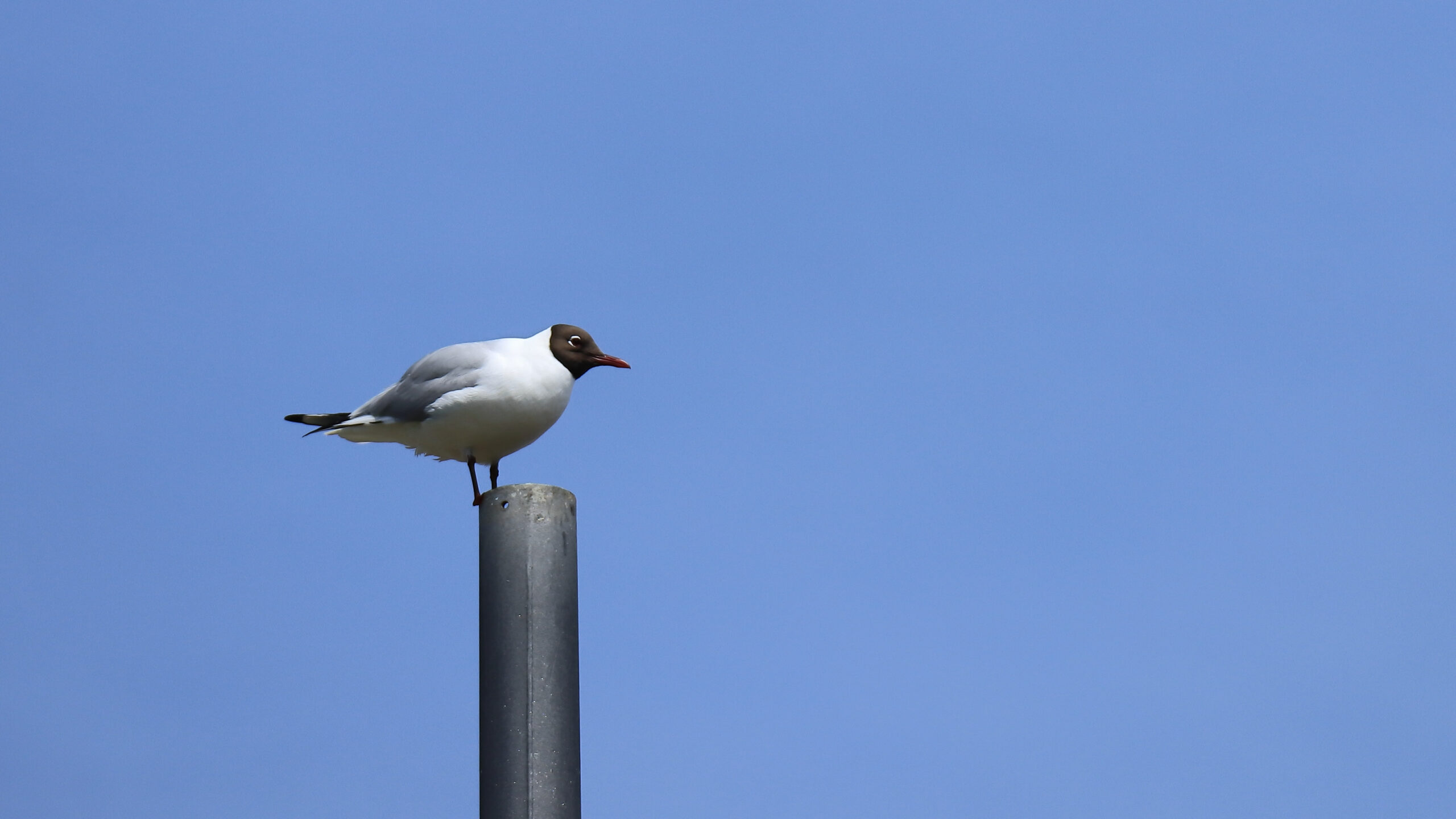Since taking up my post as vice chancellor at Middlesex University in April 2024, many people have expressed empathy for being a new vice chancellor in current times.
Through these discussions, I’ve come to realise that the reality hasn’t always been what I expected. In the spirit of making what vice chancellors really do more transparent, here’s some of my first 100 days’ experiences through the lenses of the conversations which have helped me reflect on what it’s been like.
“Of course, there isn’t really a ‘first hundred days’ any more. At a time like this, you can’t afford that settling in period, you’ll need to get going.”
True! I was expecting a bit of time to get my feet under the table and orientate myself. A period of immersion in a new community, building relationships, and listening, as a foundation for decisions and actions didn’t seem too much to expect. I did indeed start with meeting people in the university and external stakeholders.
But times being what they are, I also had three immediate goals to act on: protecting 2024-25 income; stabilising the university finances, first by not running out of cash, and second, by making sure we operate within our income; and protecting the mission and long-term future of the university through these turbulent times. So alongside meet and greet sessions, I immediately commissioned a review of university finances to make sure the board and the executive shared an independently verified view of the financial reality. Protecting income meant moving as fast as possible to have the right people in critical roles, for example, to run Clearing. To have a shared map of current priorities, we needed to bring the university strategy up to date, so I started a refresh process.
Also high on my list was communication. I spoke at an all staff town hall meeting on my second day in post. I wanted to hear people’s questions, even though I didn’t have all the answers; I wanted to tell people what I did know, to make it clear what I value, and think is important, and to signal how I expect to work, which I hoped would provide some reassurance to the university community, even in times of uncertainty and change.
“It must be a lot of pressure!”
Yes, but that doesn’t have to be a bad thing. Senior jobs carry a lot of responsibility, with pressure from multiple directions, as do many jobs, in HE and outside. You might see these as negative aspects of the job, which are balanced out, for a while if you’re lucky, by the positives such as the intrinsic value of the mission of HE, and working with the amazing people in and around universities.
But it’s possible to thrive on a sense of purpose and responsibility, and for me the pressure sits on the same side of the scales as mission and working with inspirational people. The feeling that what we do next matters can sharpen our senses and increase our stamina. Having something important at stake banishes the demons of imposter syndrome.
“This is a very challenging time to start as a VC”
Probably every new VC feels they take up the job at a time of exceptional change and challenge. When isn’t there a general election, funding crisis, policy review, demographic development, technological game changer or pandemic? Yes, things are hard now, and we will need to do things differently from how we’ve seen them done before. But we don’t have to look far to see examples of people doing this in situations as challenging as those we are in now, or worse.
As an undergraduate queuing for lunch, I’d look at old photographs of soldiers wounded in action in the Second World War sitting outside the college library forty years before I endured my essay crises. University education halted and was replaced temporarily by makeshift hospitals, war injuries and death. Now forty more years have passed since I was an undergraduate, when our own current crises seem insurmountable I think about the decisions and risks faced by that earlier generation, and also the extent to which HE was rebuilt after the war, better and bigger, and it puts our challenges into a different perspective.
“You must be insanely busy!”
Well sort of. There are a lot of commitments and often diary clashes to resolve. But the real challenge I’ve found is striking the balance between the visible work of being a VC, and the less visible activities like thinking, planning, thrashing out ideas, and influencing, which are fundamental to shaping the university’s outcomes. Both are important.
We need to see leaders who are ambassadors for the university, who make speeches, cut ribbons and wear robes. We also need leaders who make the right things happen by quietly working through complex problems and taking hard decisions with the right people in the room. We want our leaders to develop a vision, and determine a path and a pace, based on understanding the finances, collaborating with lenders and auditors, negotiating with partners, in dialogue with the senior teams, and through strong, effective relationships with the governing body. These things necessarily happen mostly behind closed doors, and while we don’t usually see them, we all eventually see the consequences when they don’t happen.
The two types of activity, the more public and the more private, are not completely separate. Events that require robes are also a great chance to form relationships, test ideas, sound people out and sow suggestions. But while they may overlap, the more public and the more private activities also need distinct time, so a VC’s diary needs time allocated for both.
You need to make sure your days are structured not by your own default preferences or what you find most compelling but by what you most need to do. In times of change and challenge however, it does seem that you need more time for both the outward facing work, and for the less visible work!
I probably thought on balance I was more of a vice chancellor for the less visible work, the planning, the thinking, and the conversations. So it’s been a surprise that the more visible parts of the job have been an absolute joy that have filled me with energy and pride. The pinnacle of this was a full week of graduation ceremonies where I saw the work of the university manifested in the happiness of graduates and their friends and families, in the titles read out as doctorates were awarded, and in the content of the speeches. I heard our honorary awardees express their belief in education as a force for good.
Tim Campbell, the first winner of the BBC series The Apprentice and now a presenter on the programme, made us laugh by describing giving his Middlesex University degree certificate to his mum who immediately faxed it to everyone in Jamaica. Then he made us cry by describing the transformative power of education to shape the future of individuals and society: “the degree is the beginning of the best journey, where there is a blank sheet of paper to create the story [you] want.”
“It must be such a lonely job”
I was braced for this, but surprisingly no, it’s not been lonely. Every day, I feel part of a team: with my immediate executive colleagues, wise, experienced, expert; with the executive assistants who jolly me along, cover my back, and save me from myself when I try to cram too much into the day. Members of the Board of Governors generously provide their insight, guidance, and support. The kindness and advice of other VCs and the staff at Universities UK and University Alliance immediately surrounded me and has been welcome and comforting. In answer to every question I’ve asked, I’ve immediately been connected with someone with relevant experience who was willing to help.
Everywhere I turn, I have met people who wish the university success and want to help make that a reality, from the London Borough of Barnet Councillors who sought me out to ask about how they could better support the university to the friendliness of the university cafe baristas when I buy my morning cup of coffee.
“How are you finding it?”
I love it. It’s a privilege. I believe in the importance of higher education with every fibre of my being, that it gives individuals access to better lives and that it is essential for a society which is sustainable, fair, and prosperous. I don’t believe demand for higher education will fundamentally decline; employers need graduate workers, people need the prospect of graduate work. Higher education which produces people who are creative, with initiative and agency, will always have global currency. Parents want their children to have as many or more choices, and as much or more hope, as they themselves had.
I also believe there isn’t only one model of HE for the UK – we’ve pivoted before, from technical colleges and colleges of art and design in the 19th century to polytechnics in the 20th century, from small and exclusive to mass and inclusive, from face to face to online in Covid, from universities to hospitals and back to universities in 1945.
If our income doesn’t cover our costs then we need to change our approach. Higher education equips us to solve complex problems, and now we need to turn those skills on ourselves. Providing higher education for the future is a wicked problem that we need to apply ourselves to solving. I am absolutely sure we will navigate this, because of the intrinsic value of the mission of HE, and the amazing people in and around universities.




